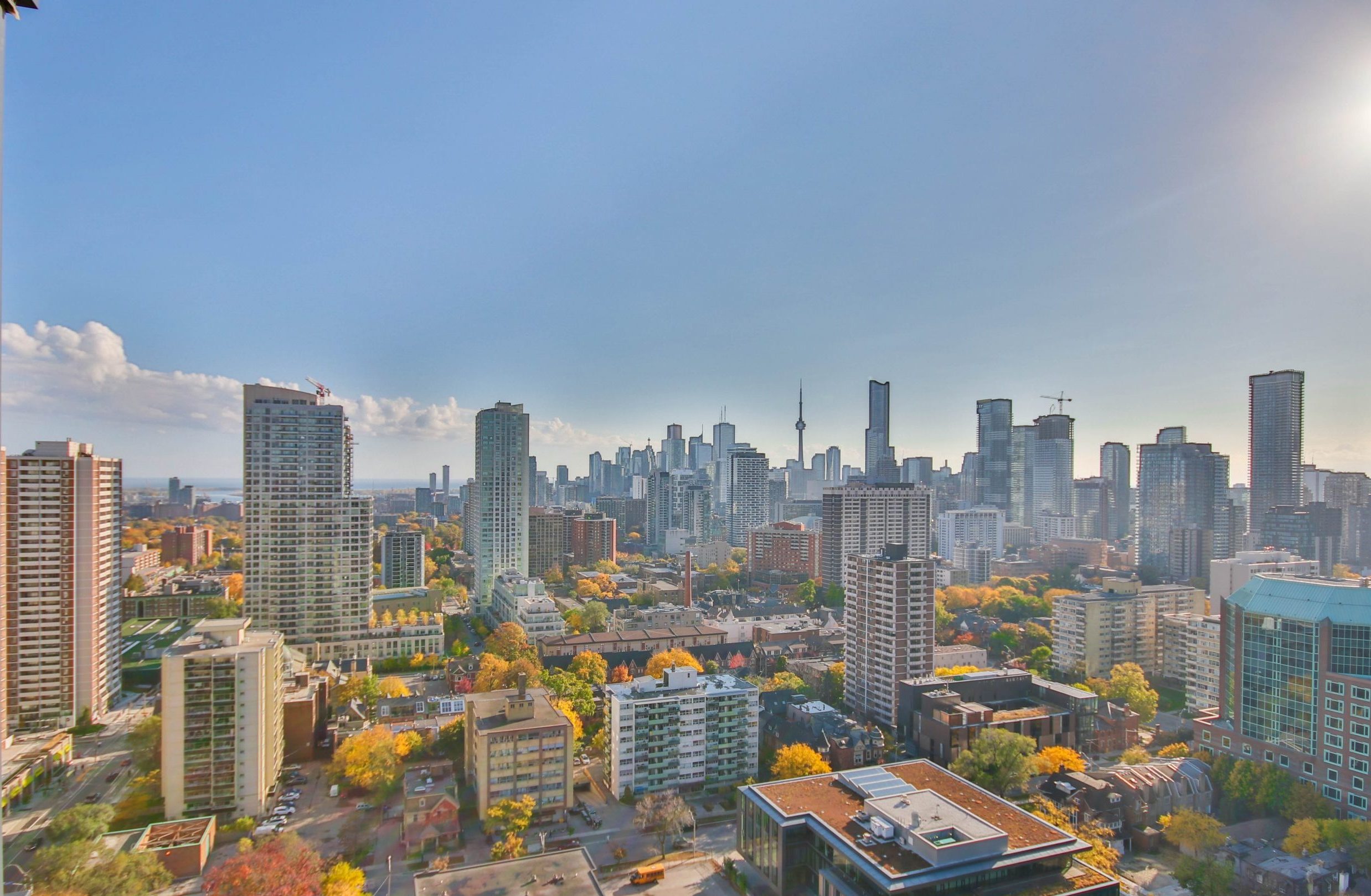BIBBY GROUP NEWSLETTER | OCTOBER 2020

As the stalled spring season shifted towards a “business-as-usual” summer market, the unknowns of our fall market prompted many to approach the warmer months as an opportunity to transact freely, proving beneficial for buyers and sellers alike. But despite hopes that Toronto’s condominium market would carry its momentum into the fall, we have seen the opposite in recent weeks.
Current resale condominium inventory in the downtown core has more than doubled from the same time last year, while average rents have declined in some pockets by as much as 15%. Given the scarcity of immigration and international students, office closures, and declining employment opportunities, no new blood is entering our market. Likewise, consumer confidence is down. As a result, condominium sales—which have been remarkably resilient in recent years and have rarely dropped—are finally feeling the impact of the pandemic.
With new COVID-19 cases rising across the country, it appears we are officially in our second wave, as many experts predicted would happen due to increased social interaction, students returning to school, and the arrival of cooler temperatures. Consequently, many condominium shoppers are staying home. Furthermore, softening rents have driven many landlords from the marketplace, as they are unable to carry their suites comfortably or find a suitable tenant. We have seen many residents from the hospitality and restaurant industries, in particular, giving notice to landlords due to lack of employment.
Some of our investors are adjusting their rents and expectations accordingly to withstand potential vacancies. Still, most of our clients are generally fortunate to have a substantial amount of equity in their properties. With new buildings set for completion in the coming months, we’ll need to track the absorption rate of suites, as our generally increasing demand has faltered. The pandemic has indeed caused unique circumstances in the downtown marketplace: an increasing amount of people are fleeing the city to relocate to rural communities, trading condominium elevators and amenities for front doors and backyards.
In light of the uncertainty surrounding the next several months, particularly with cold and flu season on the horizon, we are seeing a momentum shift in the condominium market. For suite owners with larger spaces, sales of higher-end condominium suites have generally remained flat, suggesting that sellers in the luxury sector are not as flexible about negotiating their prices and don’t have the same sense of urgency about selling quickly.
As expected with its fixed supply, the freehold market has been exceptionally active and rewarding for sellers—and especially frustrating for buyers. And while Toronto has generally seen the most aggressive price gains in Canada for homes, suburban cities are now outperforming our major market due to the desirability for more land and square footage. With many professionals currently working from home and no longer walking or taking public transit to the office, preference for suburban living among families and retirees has increased substantially in recent months.
Many people are wondering if they should buy, sell, or hold. This is a complex and personal question. My view on our marketplace and the city centre is, and has always been, a long-term one. Declining condominium prices and rental values are part of the risk of being an investor, landlord, or homeowner. I am confident that Torontonians will weather the uncertainty in the long run and adapt and improve. Should a homeowner require the proceeds of their current property to move, then this is a personal decision. Should a landlord want to put their money to use in another market or sector, again, this is a personal decision. In the long term—and even with a pandemic—this city will recover and come out the other side stronger than ever. The last four years have been rewarding for many homeowners. Most property owners have done extremely well, and many will be able to exit the marketplace today with minimal damage.
Our condominium market recovery is tied to COVID-19—a comeback that will depend on renewed immigration, a vaccine, the return of international students, and the reopening of offices. The sector will experience a slowdown for the remainder of this year and into 2021, and we are positioned for prices to decline due to increasing supply and decreasing demand. But with interest rates at historic lows, this pullback may eventually present an excellent entry point for buyers and investors to get into the market. Indeed, opportunities are already emerging. As for sellers, patience and flexibility will be vital to getting through the uncertainty that lies ahead. In my opinion, the decline of cities has been overstated. As we have witnessed will all great cities, they eventually bounce back.
All My Best,
Christopher Bibby




